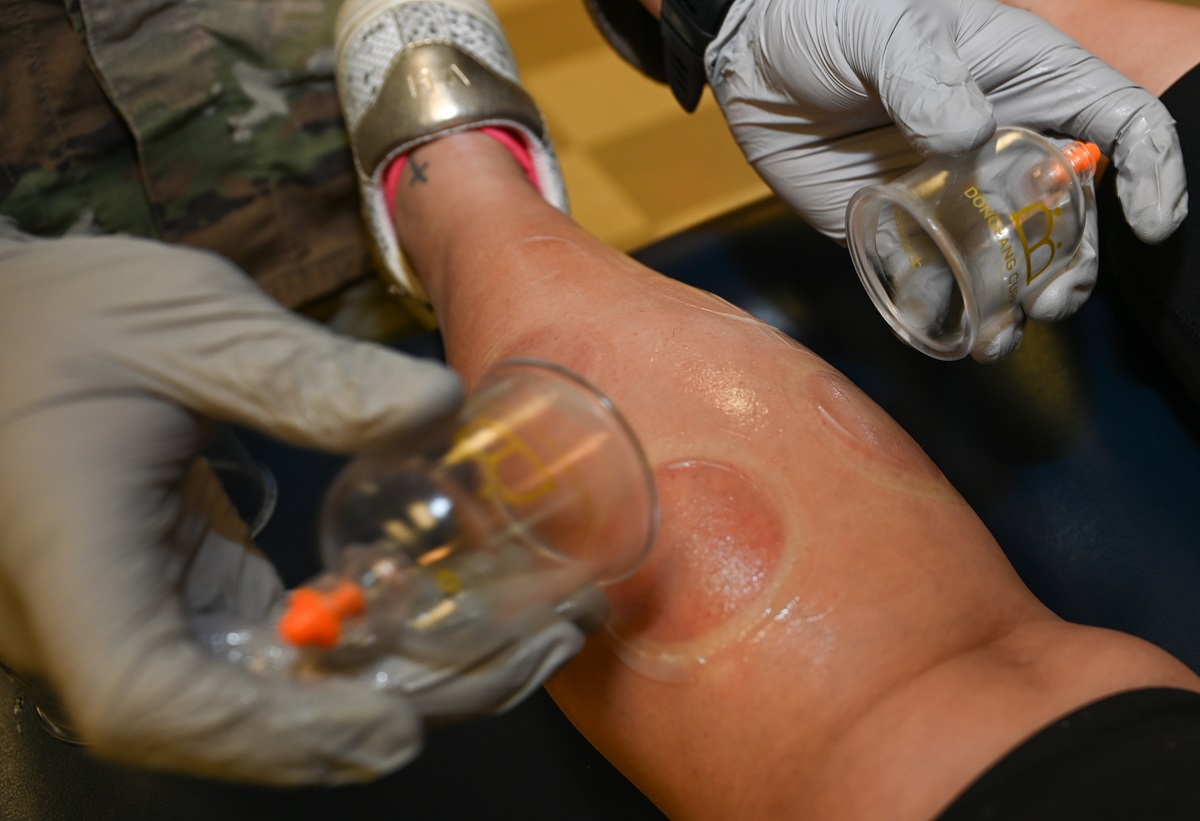Frank Dukes, Alabama civil rights leader, mourned by friends and family

Frank Dukes, top left, with other leaders of the Selective Buying Campaign that took place in 1962 against segregated Birmingham stores. The campaign foreshadowed the climactic civil rights battles in the city the following year. (bendingthearctojustice.com)
Friends and family of Rev. Frank Dukes, an influential Birmingham civil rights leader and president of Miles College’s trailblazing student body in the early 1960s, are mourning his passing at the age of 92, but celebrating his many achievements.
Dukes, a Korean War veteran, passed away in Birmingham on Veterans Day, just a few days shy of his 93rd birthday. His death comes as the city commemorates the 60th anniversary of the 1963 Birmingham civil rights campaign.
Daughter Donna Dukes announced her father’s death on Facebook “… with profound and nearly indescribable grief and sadness.” She listed just a few of his many accomplishments, including co-creator of the student-led, 1962 Selective Buying Campaign against segregated stores, co-leader of the Easter Sunday March in 1963, where he was among those jailed for demonstrating for equal rights, and his volunteering as one of the Birmingham bodyguards for Dr. Martin Luther King Jr.
As Miles’ Student Government Association president in 1962, Dukes organized fellow students and joined with students from other local colleges to challenge Birmingham’s stringent segregation laws by refusing to shop in downtown stores.
It grew into a broad economic boycott of white merchants that refused to hire Black workers or desegregate their facilities, which became known as the Selective Buying Campaign. The boycott demonstrated the power of nonviolent protest and helped persuade King to come to Birmingham the following year, in 1963, to lead nonviolent demonstrations to end segregation.
Dukes late became director of the Alumni Affairs department of Miles College and was the second Black hired by the Alabama State Department of Education as a vocational rehabilitation counselor. He also served as president emeritus of the nonprofit Maranathan Academy for at-risk youth and adults, founded by his daughter Donna.
“He served a purpose that was very necessary and the movement would not have been the same without that type of individual …” Birmingham historian Horace Huntley told the Birmingham Times.
“He was a person that spoke the truth and he could speak to people from all walks of life,” Huntley said, noting that during the height of the city’s civil rights struggles, “you had to speak to those who were in control and those who were in the street if you were going to be effective. And he was very effective with that.”
Few in the movement were as fearless as Dukes, Huntley added.
“I really looked up to him because he had a varied background, meaning that he grew up here in Birmingham, he’d gone off to the service and grew up in the military and then he came back and he was not afraid to challenge,” said Huntley, who interviewed Dukes in 1995 for the Birmingham Civil Rights Institute’s oral history project.
While Dukes was instrumental in the Selective Buying Campaign that began in early 1962, it had its genesis in December 1961 when Dukes drafted a public statement titled “This We Believe” that called for more educational and employment opportunities for Blacks in white-owned retail establishments.
The Selective Buying Campaign led by Dukes and other boycott leaders, such as Miles College Professor Jonathan McPherson; Miles alumnus and now-retired federal judge U.W. Clemon; and three prominent Black housewives, Deenie Drew, Althea Montgomery and Ruth Barefield-Pendelton, set in motion the final push to end segregation in Birmingham.
The following spring, King’s Atlanta-based Southern Christian Leadership Conference and the Alabama Christian Movement for Human Rights, based in Birmingham and led by the Rev. Fred Shuttlesworth, launched its nonviolent campaign to topple once and for all Birmingham’s system of Jim Crow laws. Dukes served as the Miles College campus organizer for the campaign, and as a guard, protecting civil rights leaders during meetings. He was one of four leaders of a mass protest on Easter Sunday, April 14, 1963, and was arrested along with local Revs. A. D. King, brother of Martin Luther King Jr., Nelson Smith and John Porter.
Huntley said Dukes was one of the few young leaders who were not afraid of notorious segregationist and city Public Safety Commissioner Eugene “Bull” Connor.
“White folks and Black folks respected him for the same thing,” Huntley said of Dukes. “They couldn’t run over him.”
Dukes was the third of eight children born to a Fairfield steelworker’s family. He was a graduate of Fairfield Industrial High School and served in the Army from 1949 to 1950. After his discharge he worked for Dodge Motor Co. in Detroit. In 1954 he re-enlisted for the Korean War and served until 1957. He returned to Detroit but, after being laid off in 1958, he came home to Fairfield to wait for his recall.
Instead, Dukes decided in 1959 to enroll at Miles as an older student under the GI Bill. With his broader perspective on justice and inspired by student protests in North Carolina, Dukes began urging fellow students to engage in public opposition to segregation in Birmingham. He formed an Anti-Injustice Committee at the college and began formulating demands, including the desegregation of public buildings and businesses and the hiring of African Americans in stores and government departments.
Services for Dukes are scheduled for Saturday, Nov. 18, at noon at Birmingham’s St. Joseph Missionary Baptist Church, 500 Ninth Ave. North.
A version of this story originally appeared in The Birmingham Times.













